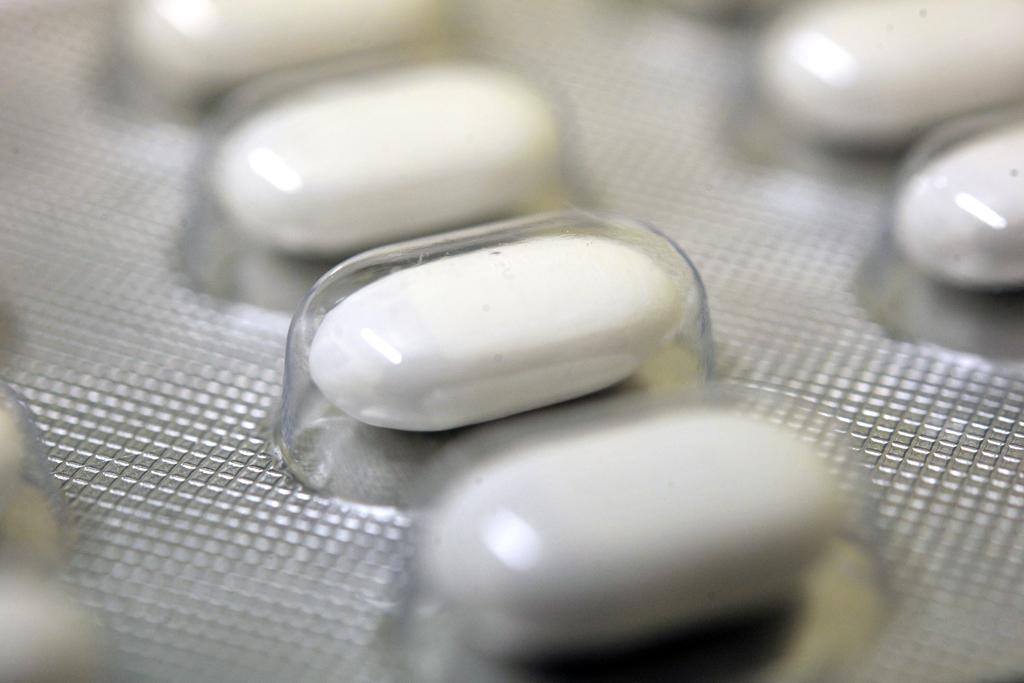Weight-loss surgery could cure diabetes, says research
New research released on March 26, 2012, shows that weight-loss surgery might be able to reverse and possibly cure diabetes, working better than diet, exercise and medication.
New research shows that weight-loss surgery can reverse and possible even cure diabetes, according to the Associated Press. Two studies, presented on Monday in Chicago, showed that surgery helped patients much more than medication alone.
The studies, published in the New England Journal of Medicine, compared the results of bariatric surgery, which reduces the size of the stomach, to medication alone, in cases of patients with Type 2 diabetes. Patients suffering from Type 2 diabetes cannot make enough insulin or effectively use what they do have.
Dr. Francesco Rubino, a senior author of the study and the director of The Diabetes Surgery Center at New York-Presbyterian Hospital/Weill Cornell Medical Center, said, "It's an unprecedented effect that we've never seen in diabetes before. Remission hasn't even been a word in the textbooks about diabetes," according to CBS News.
More on GlobalPost: Does eating white rice increase the risk of diabetes?
According to the findings, the surgery can lower blood sugar levels in diabetics, even before the weight loss begins, said ABC News. It also limits the amount of food a person can eat, making it easier to lose weight.
The authors of the study enrolled obese patients suffering from diabetes to undergo either undergo surgery or drug therapy and found that 75 percent of the patients who had undergone surgery showed no evidence of diabetes and were able to get off their medications, according to ABC News. The improvement started just 15 days after the surgery, while in the drug treatment group no one was free of diabetes.
More on GlobalPost: Being fat slows brain function, says a new study
The studies focused on two types of surgery: gastric bypass which limits food intake to a golf-ball sized pouch at the top of the stomach, and sleeve gastrectomy, which involves stapling the stomach to reduce its size by 75 percent, according to Bloomberg.
Authors of one of the studies conducted at the Cleveland Clinic called the findings "amazing" and "sensational," according to MSNBC, with Dr. Steve Nissen, one of the authors, saying the numbers "don't even begin to show how successful this was."
Rubino told CBS, "We found that the change in the anatomy of the stomach and intestines can improve diabetes directly. The stomach and intestine are not just there for absorption of nutrients. They also serve as an endocrine organ and make dozens of hormones. Those hormones are directly relevant to the regulation of the body's insulin."
More on GlobalPost: 3D printing: A stepping stone to new human tissue and body parts
